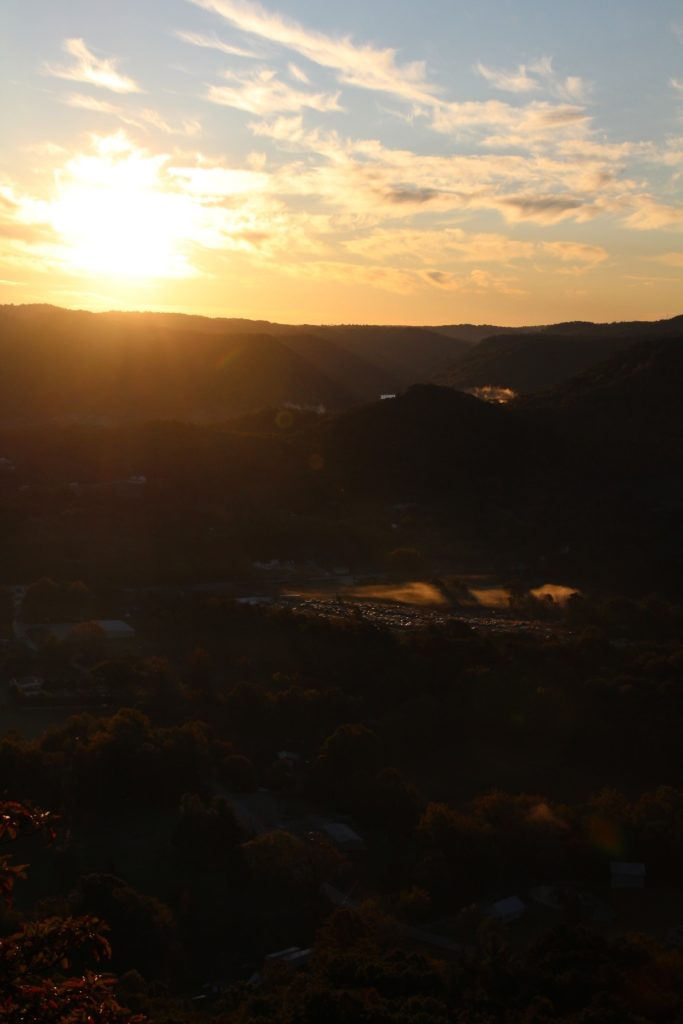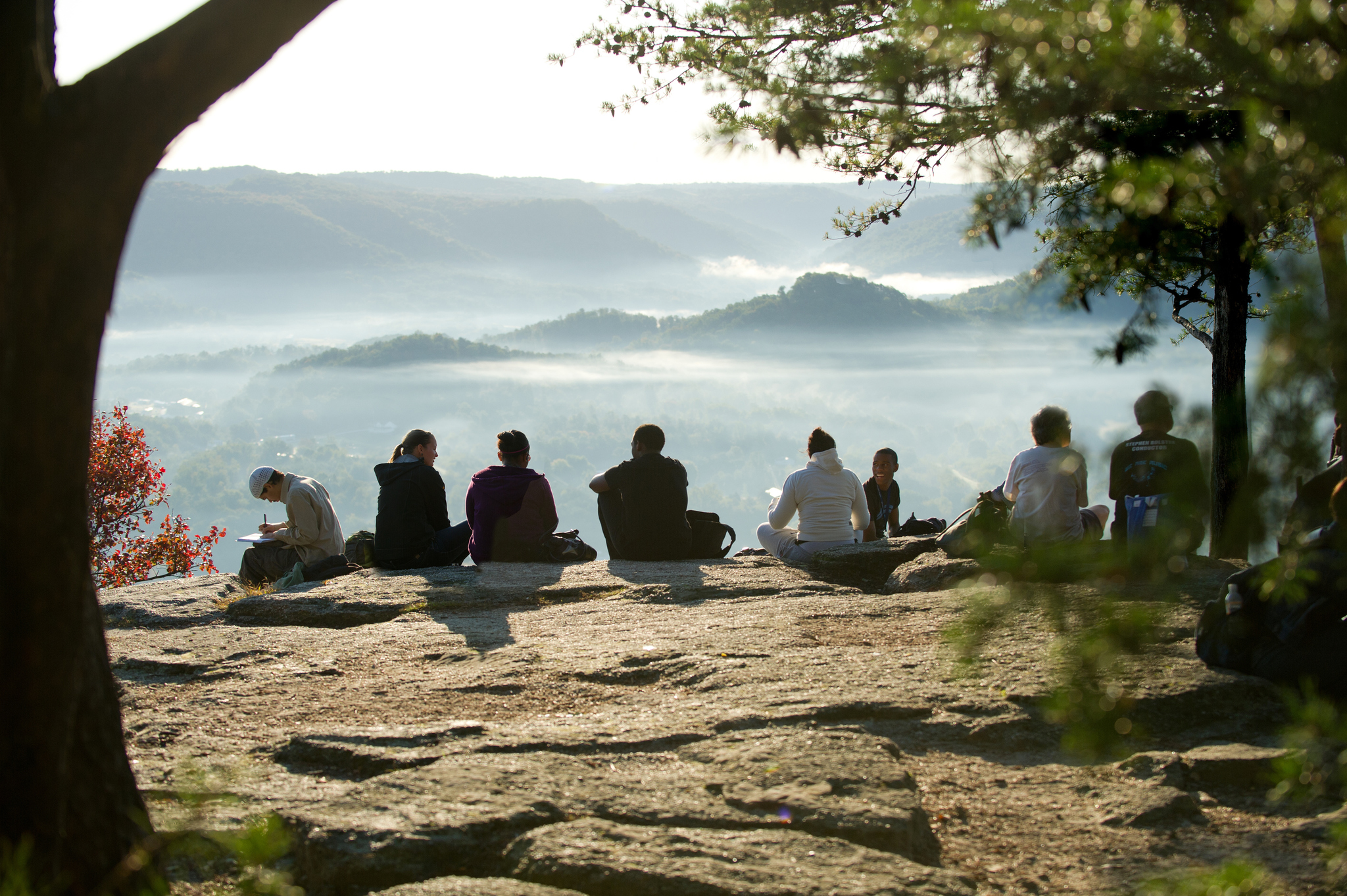Civilization grows at an exponential rate, and our technologies and influence over the Earth is ever evolving. It is astounding how different things were 100, 50, even 25 years ago. One large difference is our shift towards the comforts of living indoors, not just as a country, but as a society. In fact, as of around 2008, the majority of the world’s population (and 54% as of 2014) lived in urban areas. This is the first time in the history of the world that this has happened (UN 2014).
With our relatively rapid (from an evolutionary perspective) dependency on urban, indoor living, spawned a rise in obesity, mental disorders, cardiovascular issues, cancer, and general stress and unhappiness. Perhaps it’s a coincidence, but researchers on the forefront of a fresh new field of study, Nature Neuroscience/Psychology, have provided a multitude of studies and research that seems to indicate that simply taking a stroll through the forest on a somewhat often basis could have a positive effect on all of the aforementioned ailments.
My name is Alex Wilson and I am a student at Berea College. I’ve had a passion for learning about the brain since I was 11 when I saw an hour long National Geographic special about it on TV. I was an army brat growing up, so I’ve lived in a few different places. My hometown is Easley, South Carolina, and that is where I’ve spent most of my life, but I also had the privilege of living in Ft. Richardson, Alaska and Ft. Benning, Georgia. While I played outside a lot as a kid in all those places, I never really took time to stop and smell the forget-me-nots and really appreciate the beauty of the outdoors around me.
However, now that I am living in Berea, Kentucky, I have developed a romance with nature. My job at the college’s Forestry Outreach Center allows me to hike often, so I have developed a passion for it. For a student who spends a lot of time either in class or at home helping to care for a five year old boy, each hike is an adventure to me. Kentucky is one of the most biologically diverse states in the U.S. and it is certainly evident every time I walk the many mountainous trails. I look up and see many different types of trees, birds of prey, songbirds, and then I look down to see brightly colored centipedes, little forest mice, and cute lizards darting away to look back at me from a safe distance.
The color explosion of verdant forest, cream colored stone, and azure sky is a visual buffet.

One of the most interesting and important discoveries I’ve made out in the wilderness is that it calms me down. There’s something about the woods and the views in the mountains that puts my anxieties at ease and helps me feel less fatigued, even after I’m done hiking. I was curious about how much research had been done on the connection between nature and how it affects the brain, so I began searching to see if what I was feeling had any scientific validation. It would make sense, right? Authors and poets have written odes to nature and historical figures have uttered quotes about nature’s spell for hundreds of years. There must be something to this.
I was amazed at how much support there was for the therapeutic properties of nature, both from the scientific community and from an astounding number of governments (to name a few, there’s Finland, who recommends to their people 5 hours of hiking a month to stave off anxiety and depression, as well as Japan, who has funded 48 therapy trails for people to forest bathe in [Livni, 2016]). Studies have found that taking hikes out in the wilderness can lower the stress hormone, cortisol, improve vision, help with short term memory, increase cancer fighting cells, and battle depression (Loria, 2018). In addition to this, EEG scans reveal that people who are in a natural setting have larger spikes in alpha wave activity, which indicates a calm but alert state of mind. People who also have large alpha waves include Buddhist monks and other people who meditate.
I believe that in our society that is dominated by illness that is treated with expensive pills with awful side effects, nature may be a free, healthy source of relief for us.


3 Comments
In my environmental psychology course, we learn about the health benefits of nature on our mind and body! From a decrease in blood pressure to decreasing the stress of our daily lives! It’s so important that we take care of our environment because it clearly takes care of us!
Thank you for the encouragement to spend more time outside enjoying nature. The reminder is appreciated! Well said.
Great post, Alex! Very informative and motivating.
Recent Posts